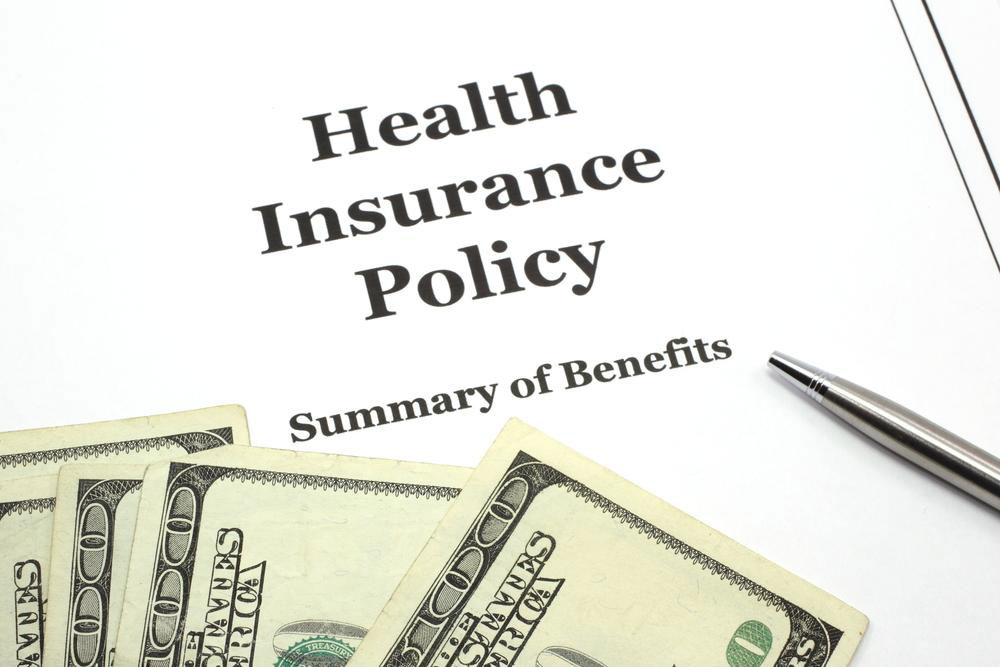Effective Strategies to Manage and Reduce Credit Card Debt
Learn practical strategies to reduce credit card debt efficiently, including debt consolidation options like nonprofit counseling, personal loans, balance transfers, and borrowing from retirement accounts. Understand how these methods can simplify payments, lower interest rates, and improve your credit score over time. Our guide also emphasizes the importance of responsible financial habits and monitoring your credit to achieve debt freedom faster.

Effective Strategies to Manage and Reduce Credit Card Debt
Credit card debt ranks among the top sources of debt in many countries, alongside mortgages, auto loans, and student loans. While credit cards offer convenient purchasing power, misuse can lead to significant debt accumulation. Many users overlook details such as late fees and interest calculations, resulting in growing balances they struggle to repay.
Debt consolidation remains one of the most trusted solutions for tackling credit card debt. To understand how, it’s helpful to examine common causes of debt and the various methods available to manage it effectively.
Many individuals hold multiple credit cards for different purposes, which often leads to overspending and difficulty keeping track of payments. Over time, this behavior can result in debts that surpass their income, especially when late payments further impact credit scores.
Debt becomes more complex when lenders report missed payments, affecting credit ratings.
Understanding Debt Consolidation
Debt consolidation involves merging several credit card balances into a single loan, simplifying payments and potentially reducing interest rates. This method helps avoid confusion from multiple debts with varying interest rates and payment schedules.
Popular Debt Reduction Methods
Several approaches can help streamline credit card repayment, including:
Nonprofit Credit Counseling
Nonprofit organizations assist individuals in managing their debts without taking additional loans. They negotiate with creditors to lower interest rates and combine debts into one manageable monthly payment. Features include debt consolidation, faster payoff timelines (typically 3-5 years), interest rate reductions, and eliminating late or over-limit fees. Counseling can be accessed online or over the phone, offering realistic budgeting guidance.
Combined debt payments into one
Accelerated debt clearance within a few years
Interest rate reductions without impacting credit score
Stops creditor collection calls
Eliminates late and over-limit charges
Provides a practical financial plan
Personal Loans
Unsecured personal loans from banks, credit unions, or online lenders can be used for debt consolidation. Visiting local credit unions may yield lower interest rates and flexible terms, making them suitable even for those with poor credit. Online lenders often offer competitive rates, especially for individuals with good credit scores. These loans help combine multiple debts into a single manageable payment, often at lower interest rates.
Balance Transfer Credit Cards
Many credit cards offer 0% interest on balance transfers for an initial period. Transferring high-interest credit card debt to a balance transfer card allows payments to focus on reducing the principal rather than accruing interest. This strategy can significantly help eliminate debt faster. Notable options include Wells Fargo Platinum Visa, Chase Freedom Unlimited, and Discover it® Balance Transfer. Be aware of transfer fees, typically around 3%, and credit limit restrictions that may prevent consolidating all debts.
Retirement Account Borrowing
Some opt to borrow or withdraw from retirement accounts like 401(k) or IRA to pay off debt. This approach involves no credit checks but may incur early withdrawal penalties. The benefit is typically lower interest rates, and such loans aren't reflected on credit reports.
Family or Friend Assistance
As a last resort, borrowing from trusted family or friends can be an option. This method usually involves low or zero interest, but it requires clear agreements to prevent personal conflicts.
Impact on Credit Reports
Consolidation can influence credit scores due to hard inquiries and new loan origins. Although it may temporarily lower scores, responsible repayment rebuilds credit over time. Regularly checking credit reports, maintaining timely payments, and avoiding unnecessary new credit applications are essential steps toward improvement.
Important Reminder:
Our articles provide helpful insights into managing debt and personal finance. However, they should not replace professional financial advice. Always research and consider your options carefully, as individual circumstances vary. Monitoring your credit and maintaining disciplined financial habits are key to long-term stability.










